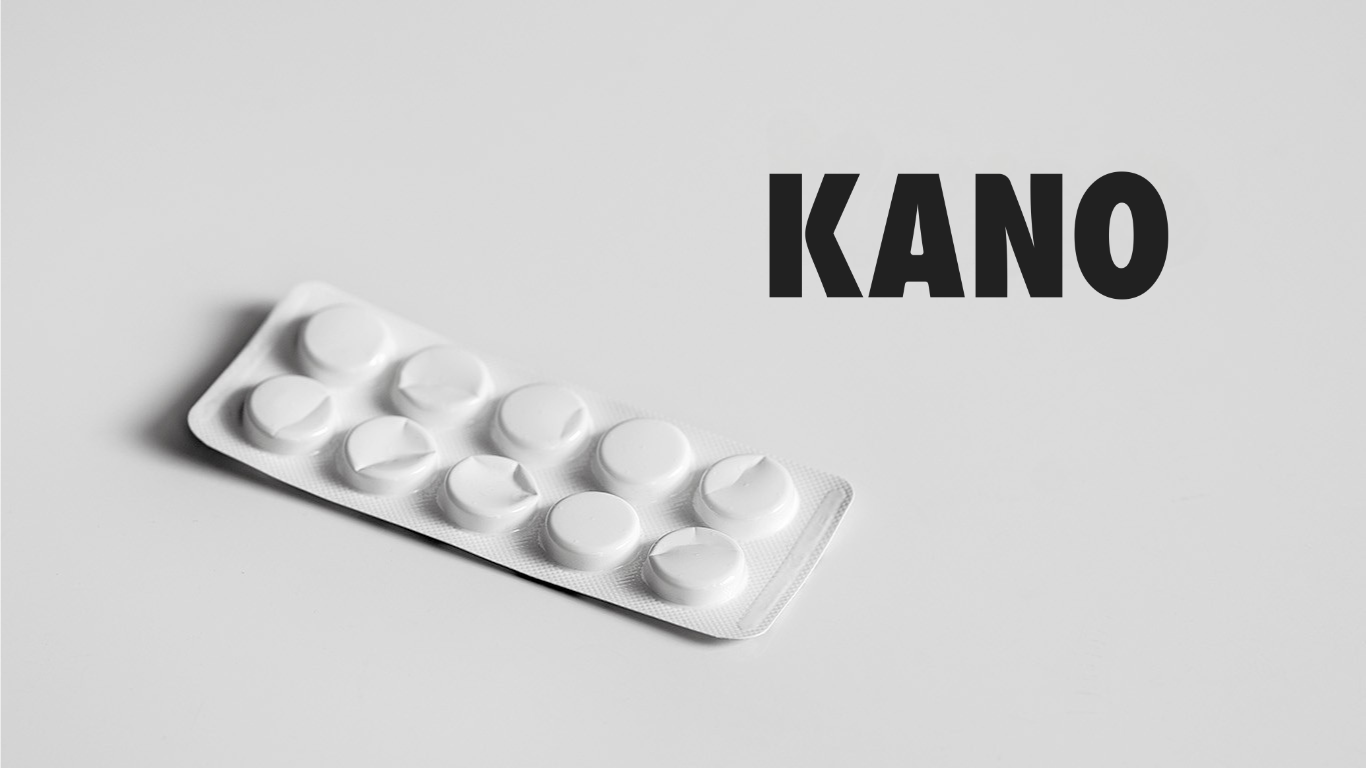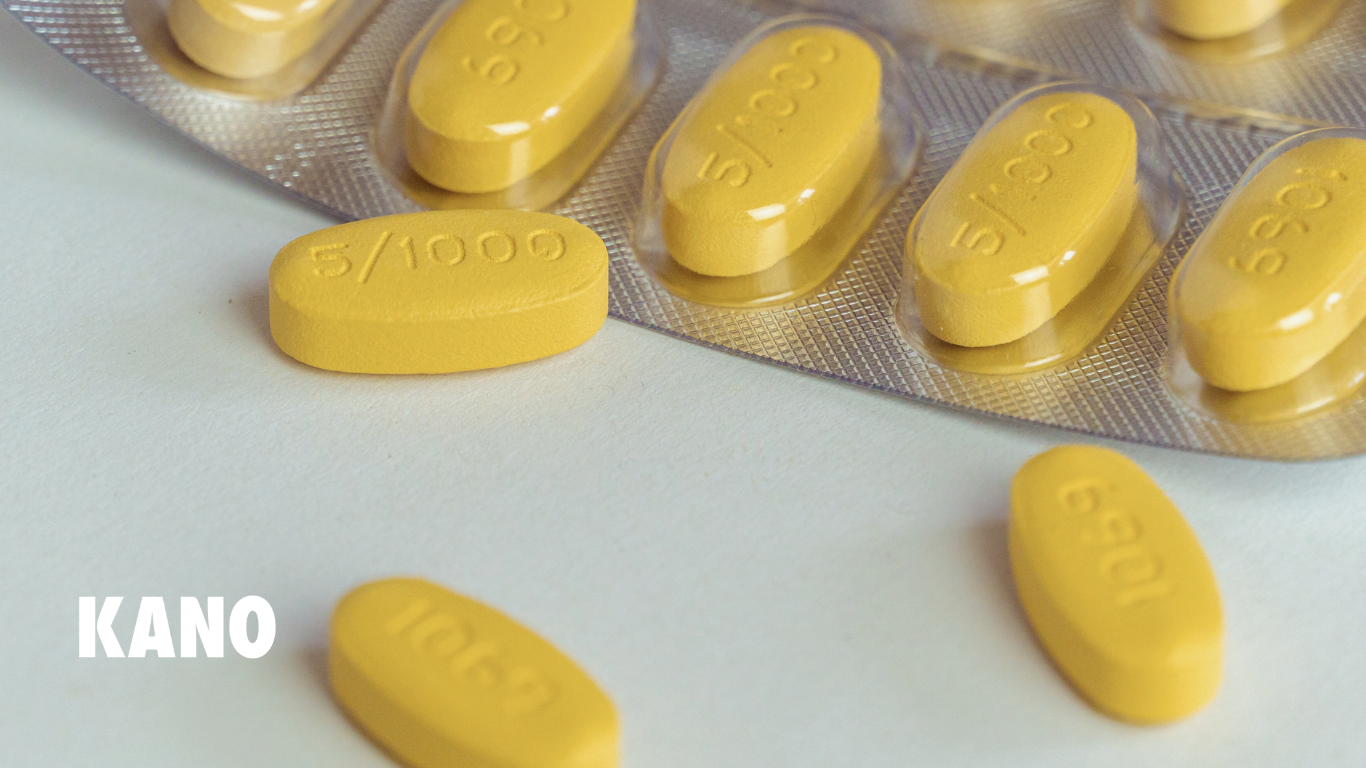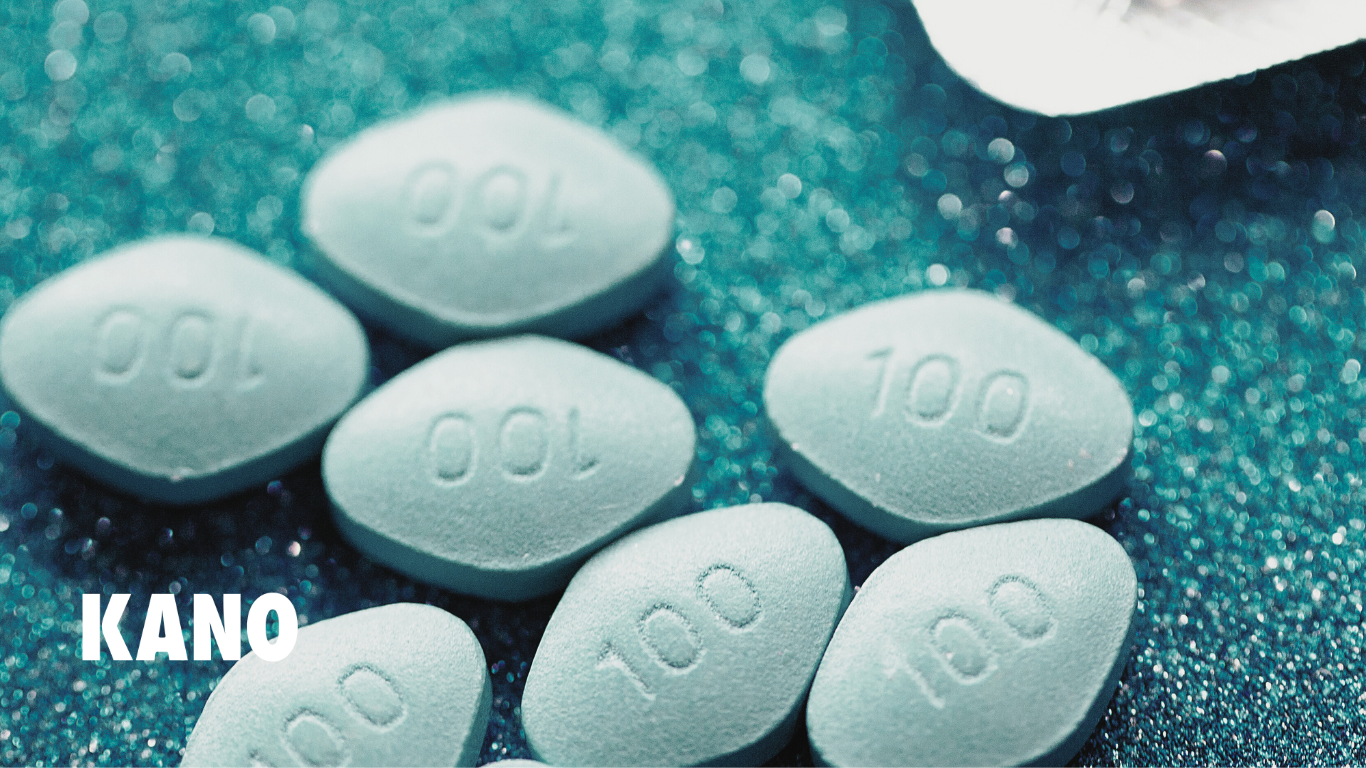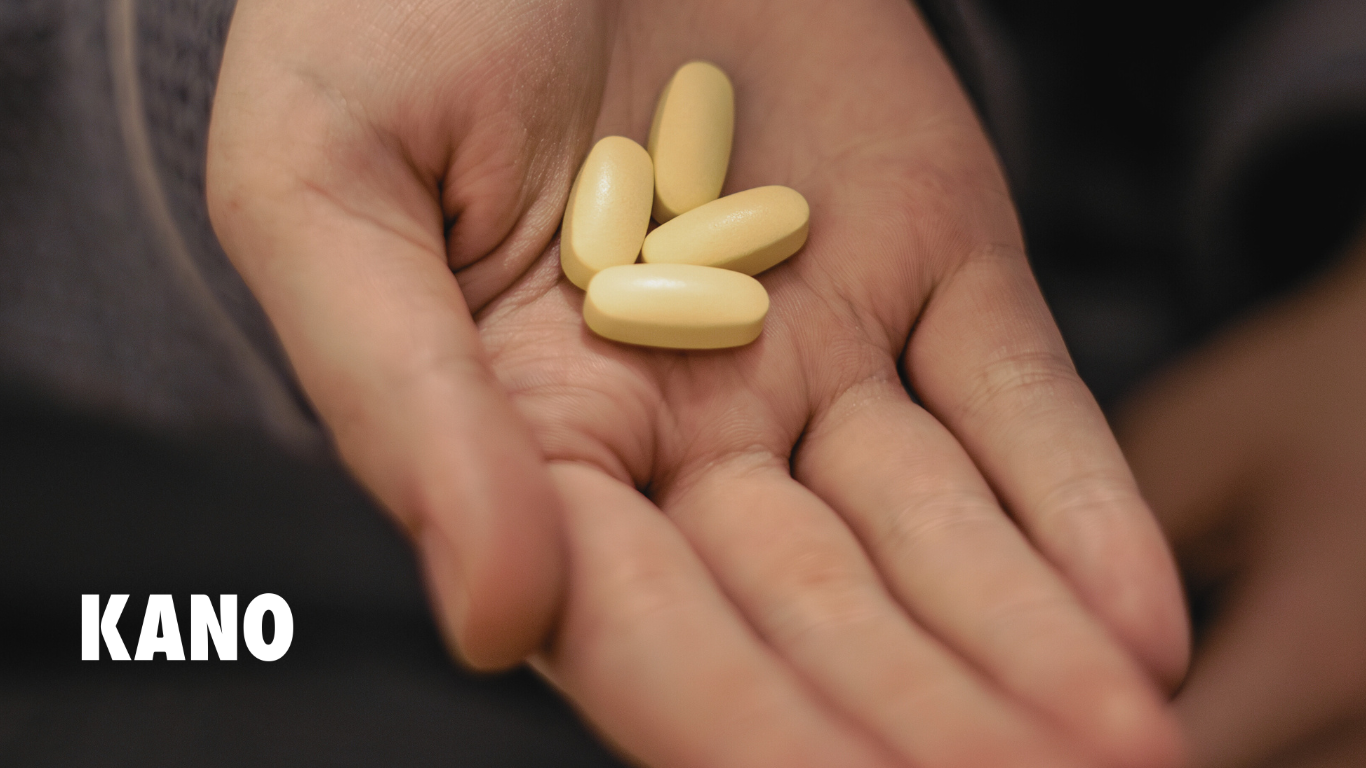If you have erectile problems, erectile dysfunction and are taking treatments, read this article carefully.
Erectile dysfunction, or the difficulty in achieving or maintaining an erection, is a source of frustration for many men. This issue can be caused by various factors, including age, chronic diseases, or psychological factors. However, an often underestimated factor is the side effect of certain common medications. The best solution after reading this article carefully is to consult erection specialists, the doctors on Kano.care
Many medical treatments used to address serious conditions can have a negative impact on erectile function. Unfortunately, patients are poorly informed and often quite alone when dealing with this erection issue, which is not considered a major problem. Here is an overview of the top 50 medications known to cause erectile dysfunction.
1. Beta blockers (Propranolol, Metoprolol, Atenolol)
These medications, commonly prescribed to control blood pressure and heart diseases, reduce blood flow to the penis, making it difficult to achieve an erection.
2. Diuretics (Furosemide, Hydrochlorothiazide)
Diuretics, often referred to as "water pills," are prescribed for hypertension. They reduce the amount of blood circulating in the blood vessels, which can lead to erectile dysfunction.
3. Angiotensin-converting enzyme (ACE) inhibitors (Captopril, Enalapril)
Although effective in lowering blood pressure, these medications can cause a decrease in sexual desire and erectile dysfunction in some patients.
4. Antidepressants (SSRIs, tricyclics)
Selective serotonin reuptake inhibitors (SSRIs), such as fluoxetine and sertraline, are commonly used to treat depression and anxiety. These medications affect the brain's neurotransmitters, sometimes reducing libido and making it difficult to achieve an erection.
5. Antipsychotics (Haloperidol, Risperidone)
These medications, used to treat schizophrenia or bipolar disorders, affect the neural pathways responsible for erection.
6. Antihistamines (Diphenhydramine, Cetirizine)
Used to treat allergies, some antihistamines can cause erectile dysfunction by blocking the production of enzymes necessary for an erection.
7. Cholesterol medications (Statins, Fibrates)
Statins, although beneficial for reducing cholesterol levels, can affect testosterone production, leading to erectile dysfunction.
8. 5-alpha-reductase inhibitors (Finasteride, Dutasteride)
These medications, used to treat benign prostatic hyperplasia and baldness, reduce testosterone production and are associated with erectile dysfunction.
9. Prostate cancer medications (Leuprolide, Goserelin)
These treatments directly affect hormone levels and can cause a loss of erectile function by reducing testosterone levels.
10. Antihypertensives (Nifedipine, Amlodipine)
These medications dilate blood vessels to lower blood pressure, but they also reduce blood flow to the penis, causing erectile dysfunction.









